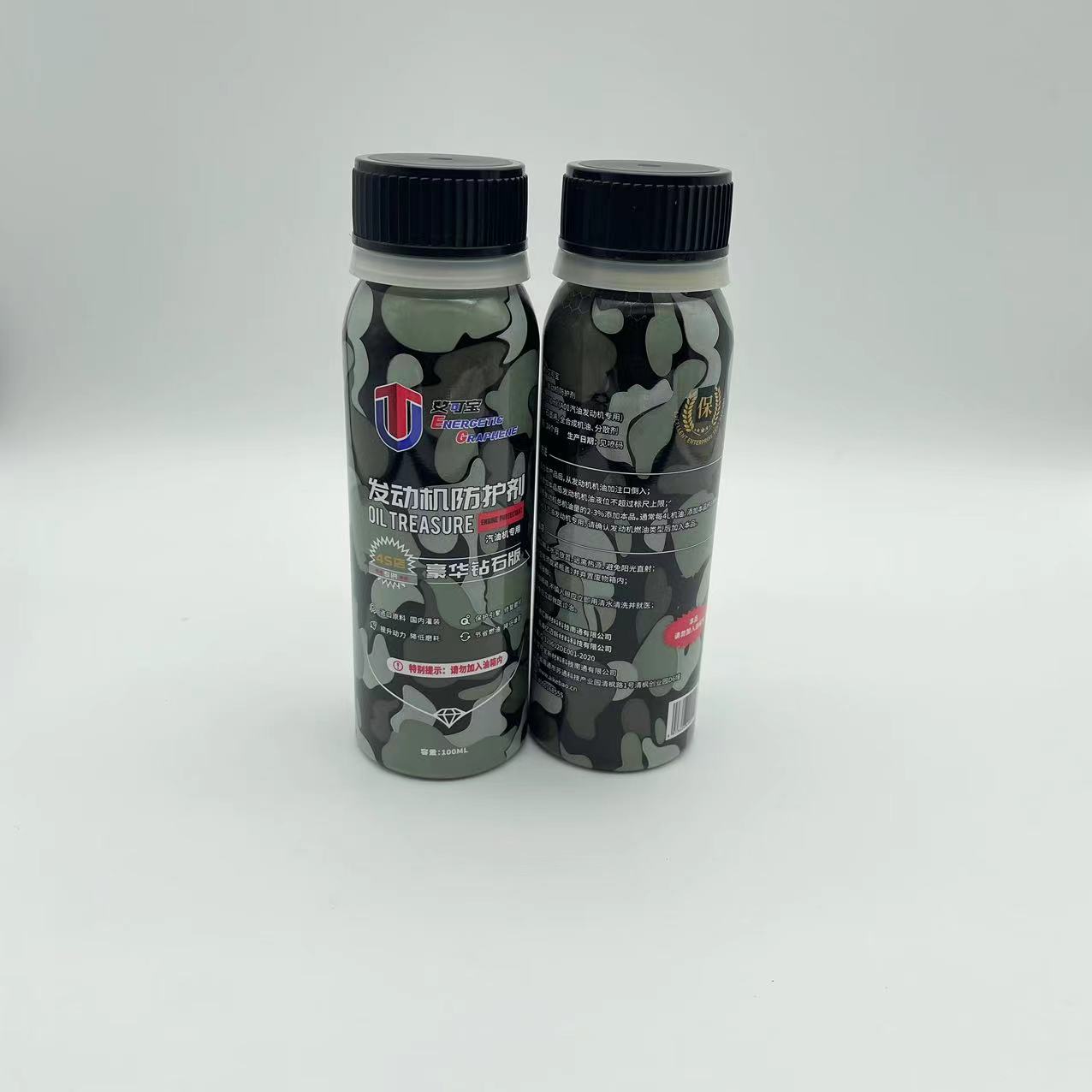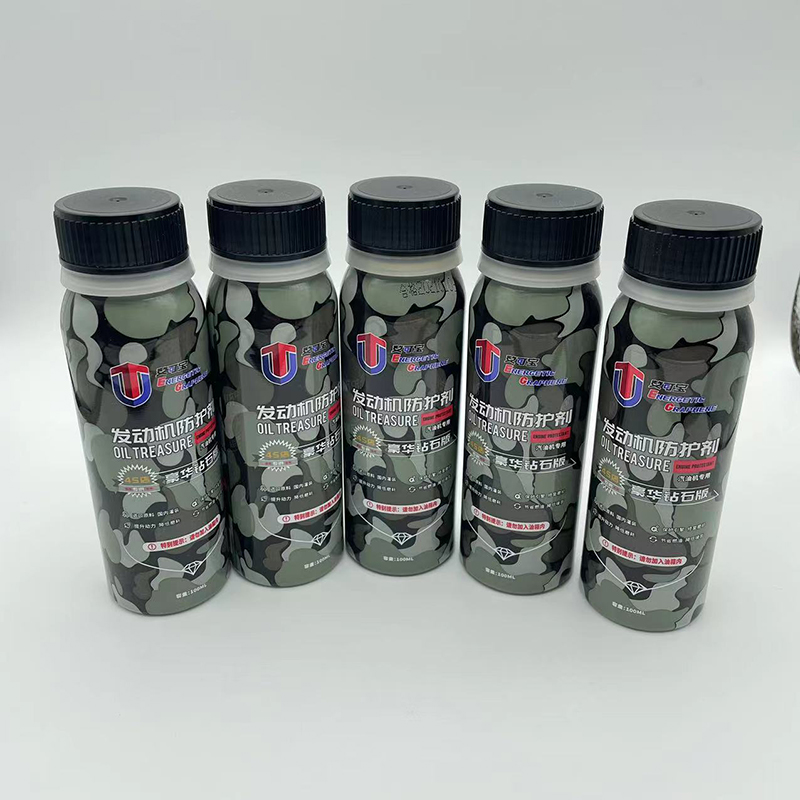We may earn commission from links on this page, but we only recommend products we back. Why Trust Us?
It’s a popular natural option with many benefits—but there are some downsides to keep in mind, too. Graphene-Based Oil Additive

If you’re experiencing or are simply looking to with the help of one of the , using coconut oil as lube may be worth trying. are numerous, and it turns out that it has some serious sex-related pros.
vaginal drynessboost your sex lifebest natural lubricantsCoconut oil’s health benefits
While there are tons of lube options on the market, many people prefer to go the natural route in order to avoid exposure to certain ingredients like parabens, says Alyssa Dweck, M.D., an OB/GYN in New York and co-author of The Complete A to Z for Your V.
But you can’t just grab anything wet—some natural solutions are better than others. For instance, plain water isn’t a good lubricant because it can wash away your body’s natural lubricant, leading to dryness, and items with a petroleum base (like Crisco) can increase your chances of infection.
But, coconut oil is a multi-tasking product (it’s versatile for cooking and serves as a great natural moisturizer.) And it’s probably the most popular natural lube option, Dr. Dweck says. While it’s important to note that coconut oil as lube may work for some, each body is different, and the vagina’s pH balance is easily thrown off.
If you’re interested in coconut oil for sex, how does it stack up against the OTC lubes out there? Is it safe—and is it effective? Here’s what you should know about using coconut oil as lube.
Meet the experts: Alyssa Dweck, M.D., an OB/GYN in New York and co-author of The Complete A to Z for Your V; Jessica Shepherd, M.D., an OB/GYN at the University of Illinois at Chicago and advisor with Happy V; Robert Kiltz, M.D., a diplomat of the American Board of Obstetrics and Gynecology and author of The Fertile Feast
Is it safe to use coconut oil as lube?
In a nutshell: Coconut oil is generally a safe option to use as lube. “Studies have shown that coconut oil is clinically proven for safe and effective use as a moisturizer. Its moisturizing properties may make the product an effective lube and allow for longer-lasting intercourse,” says Jessica Shepherd, M.D., an OB/GYN at the University of Illinois at Chicago and advisor with Happy V.
Coconut oil aids with coating the vaginal tissue to reduce water loss, while soothing and hydrating the vagina. “It can help vaginal dryness, alleviate friction during sex, and minimize tears,” Dr. Shepherd says.
Then, you’ll definitely want to reach from a clean jar, says Robert Kiltz, M.D., a diplomat of the American Board of Obstetrics and Gynecology and author of The Fertile Feast. “Most standard kitchen coconut oil comes in a big jar; you wouldn’t want to dig your dirty fingers in there time and time again over the course of six months or even years. This could lead to some bacterial growth and infections,” he says. So, use a spoon to scoop it out (and no matter what: wash your hands!).
There are a number of coconut oil benefits for sex that you may notice when using it. According to Dr. Shepherd, these benefits may include:
If you’re using coconut oil as lube, you’ll likely want to be conscious of what’s in the jar you choose. A good rule of thumb is to opt for unrefined coconut oil as it has less processing and bleaching, Dr. Shepherd says.
Research shows that using “virgin coconut oil” (or unrefined, unprocessed coconut oil) is safe for use on the skin and even offers many benefits in terms of skin hydration. While no studies confirm whether coconut oil, or an exact type of coconut oil, is suitable for use as a personal lubricant, the Cleveland Clinic recommends coconut oil as an alternative to traditional lubricants. Additionally, Planned Parenthood previously reported that if you wish to try it, make sure there aren’t any additives to the oil. Things like sugars and other additions may cause a yeast infection or other vaginal infections.
In general, it’s best to select a coconut oil variety that is not only free from fragrances and other additives but is also in the least processed form possible.
If you’re prone to yeast infections, then it’s a good idea to steer clear of using coconut oil as lube. Dr. Kiltz says that the coconut oil’s antimicrobial properties as well as potential contamination can increase the rise of infections by disrupting the natural microbiome of the vagina. The normal pH of the vagina is acidic, and coconut oil can make it an alkaline environment, resulting in a disturbance of bacteria that can also lead to issues like bacterial vaginosis.
“The other limitation with any oil-based lubricant is that they are not considered condom-compatible, so if you are relying on a condom to protect you against STDs or pregnancy, you really can’t rely on it 100% when using an oil. Latex condoms may become compromised,” Dr. Dweck explains, adding that coconut oil can degrade latex.
And, although rare, there is a risk of allergic reaction when using coconut oil as lube, Dr. Kiltz says. If you’ve never used coconut oil before, apply a small amount to your wrist and take note of any changes, such as a skin rash, before using it as lube.
Lastly, coconut oil can be quite messy, staining sheets and clothing, so you’ll want to be cautious when using it during sex.
Coconut oil may not be your thing, but if you want to stay the “natural” route, you have some options, like olive or avocado oil. Make sure the olive oil is virgin and first pressed because “other oils are more processed and often involve added chemicals to further extract the oils,” which can irritate the vagina, Dr. Kiltz says.
You can also use pure aloe vera—just make sure it’s free of the cooling agents and additives that are sometimes added to aloe vera products to treat sunburns, he says. “The vagina is a mucosal membrane, unlike the skin,” Dr. Kiltz explains. The skin is a much stronger barrier and is less sensitive to chemicals in aloe vera products designed for sunburn that, if used as lube, could disrupt the vaginal microbiome, he says.
For OTC options, Dr. Dweck recommends silicone lubricants such as Uberlube. “Silicone lasts a long time and it’s not water-soluble, so you can use it in water,” she says, adding that silicone lubricants are also condom-compatible. Water-based lubes are also a great option because they’re “simple, cheap, and recognizable,” she adds, but just be mindful that they can lead to more dryness over time. You should scan the label to ensure there are no ingredients that you are sensitive to.
To combat dryness in general, you can also try vaginal moisturizers (like Replens), which are “used more on a chronic basis, like every day or every other day, to help prevent dryness,” Dr. Dweck says. For those going through menopause, she says vaginal estrogens are great for those experiencing dryness, as they add moisture and can also be used as a lubricant during sex. Vaginal estrogens are used to treat dryness, itching, painful urination, and the sudden need to urinate in women who are experiencing menopause, but you’ll need a doctor’s prescription to get them.
Additional reporting by Alisa Hrustic
Currently an assistant editor at Prevention.com, Nicol is a Manhattan-based journalist who specializes in health, wellness, beauty, fashion, business, and lifestyle. Her work has appeared in Women’s Health, Good Housekeeping, Woman’s Day, Houston Chronicle, Business Insider, INSIDER, Everyday Health, and more. When Nicol isn't writing, she loves trying new workout classes, testing out the latest face mask, and traveling. Follow her on Instagram for the latest on health, wellness, and lifestyle.
Sexy Gifts Your Partner Will Love
What Is Love Bombing? Relationship Experts Explain
What It’s Really Like to Date After 50
Fun Couple Games to Boost Your Bond
Everything to Know About Edging and Sex
Joe Jonas Files for Divorce From Sophie Turner
The Best Vibrating Panties for Hands-Free Fun
What Is a Situationship? Experts Explain
Should You Take a Break in Your Relationship?
Try These Water-Based Lubes for Better Sex
3 Health Conditions That Affect Your Sex Life
How to Use a Vibrator If You’re a Newbie
A Part of Hearst Digital Media
We may earn commission from links on this page, but we only recommend products we back.

Lubricative Additive ©2023 Hearst Magazine Media, Inc. All Rights Reserved.